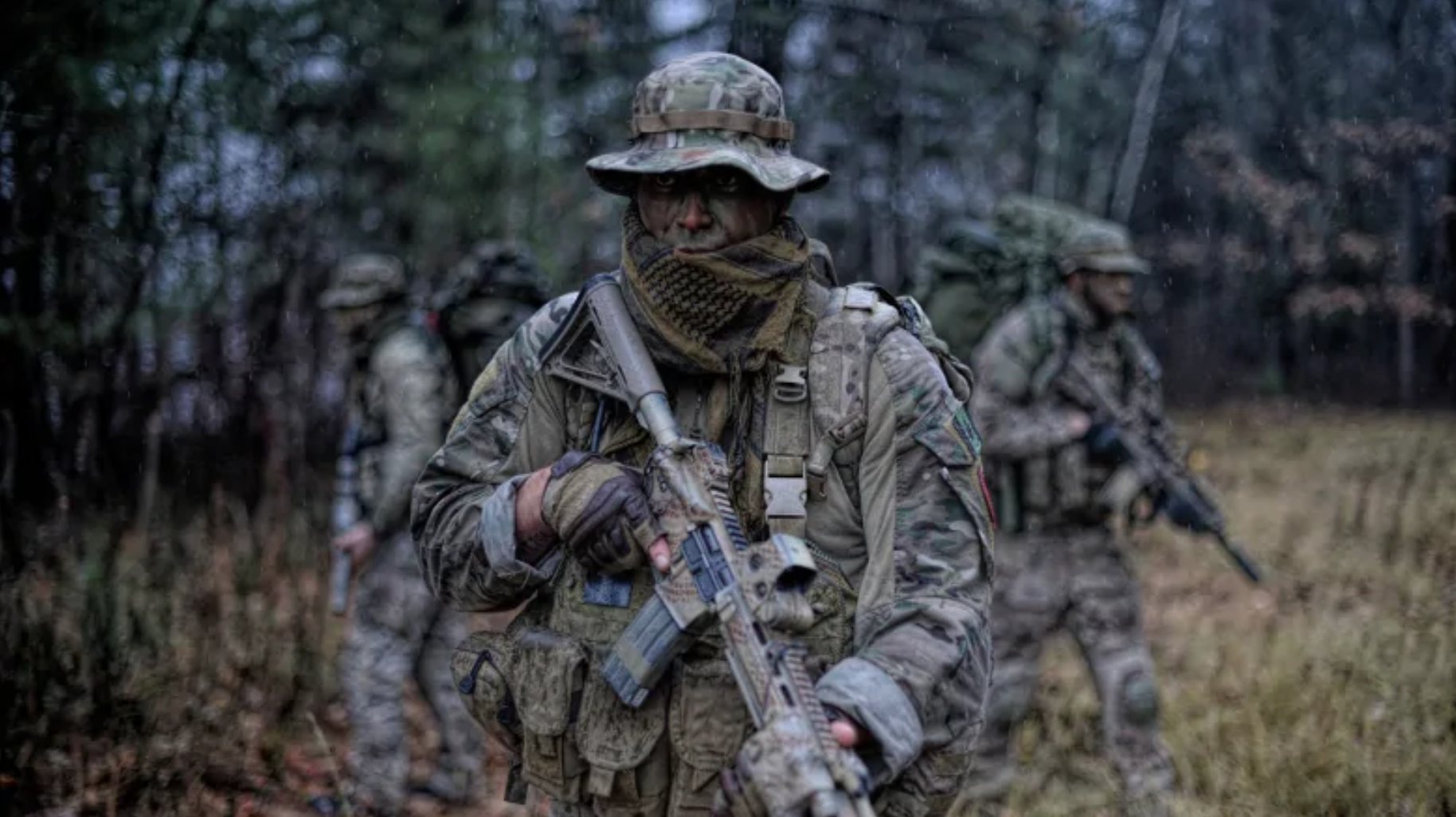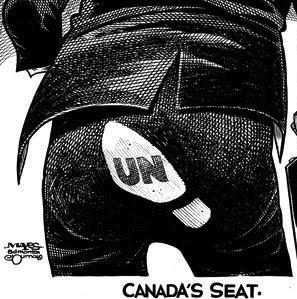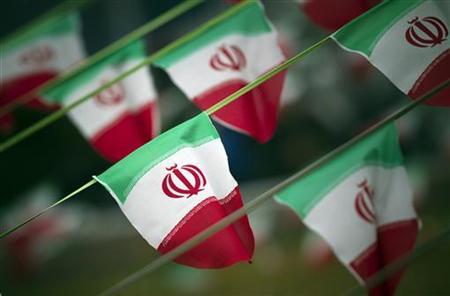
Canada’s role in the international community is perceived by many Canadians to have the purpose of upholding international law, morality and human rights. This perception began to gain ground during the events surrounding the Suez Canal Crisis in 1956. This period is considered by some to be the “golden age” of Canadian diplomacy, when Canada emerged on the world stage as a country that supports the weak and upholds the values of international law. At home, Canada was perceived to be the mediator in the crisis between the aggrieved parties. However, Canada’s efforts to bring about a peaceful resolution to the Suez Canal Crisis were not primarily designed to uphold international law but rather to prevent a confrontation between NATO and Commonwealth member states, which would have jeopardized the survival of these organizations.
In 1956, Egyptian President Gamal Abdel Nasser took steps to nationalize the Suez Canal in order to reap the economic benefits. The canal, co-controlled by Britain and France, was an important military and economic. Assisted by France and Israel, the British invaded Egypt and re-seized control of the canal. Following the invasion, which could have led to outright war between the parties involved, the Canadian Secretary of External Affairs, L.B. Pearson stepped in and advocated for a UN contingent of troops to impede open warfare. Thanks to Pearson’s efforts, a UN peacekeeping force called the United Nations Emergency Force (UNEF) was established. As a result of Canada’s important contribution to the creation of UNEF, peacekeeping and the pursuit of peace became a kind of self-sustaining theme and objective of Canadian foreign relations for several decades. Canada’s role in peacekeeping was perceived very differently to its role in western organizations. Misconceptions about Canada’s role in the Suez crisis led to the belief that it intervened to uphold international law, when, in fact, its goal was to prevent outright confrontation between NATO and Commonwealth member states, which could have resulted in the demise of these organizations.

Canada had a vested foreign policy interest in resolving the Suez Crisis. Pearson believed that Anglo-American relations, the UN, a functioning Commonwealth and NATO were the pillars for peace, freedom and change within the world. The future of these organizations was placed in jeopardy as a result of the Suez Crisis. The U.S., fearing that Egypt would align itself with the Soviet Union, went as far as threatening to dump both the British and French currencies, paving the way for a financial crisis in both states. Such an event would have led to a major rift among member states or the demise of NATO and the Commonwealth. Consequently, Canada, in a bid to protect its national interests, sought to ensure that the allies avoided a confrontation and maintained good relations. As an Indian diplomat remarked: “Canada’s attitude on Suez was the only thing that saved the Commonwealth from dissolution.” By using its diplomatic influence, Canada brokered a successful resolution to the crisis and prevented an outright confrontation. During the Suez Crisis, Canada also provided troops to the UN mission and was invited to take part in the first major UN peacekeeping mission. It is important to bear in mind that Pearson was the only UN diplomat who had the influence, connections and national stature to achieve what had never been achieved before. Canada had an opportunity to influence the parties and by providing peacekeeping assistance helped to offset a confrontation between the aggrieved member states. Thus, by brokering a resolution to the crisis, Canada was instrumental in sustaining the organizations that were vital to Canada’s national and foreign interests.
However, there are those who believe that Canada’s exclusive role during the Suez Crisis was to act as an intermediary between the US, Britain, France and Israel. These individuals argue that Canada’s national interests were served by upholding international law and peace. On the contrary, Canada’s national interests did not merely consist of upholding international law. Canada also had a vital interest in ensuring the survival of the major organizations it had joined. Canada, as a member of major international organizations such as NATO, the Commonwealth and the UN, came to realize that the Suez Crisis posed a serious threat to their very survival. This is the reason for Canada’s intervention in the affair. Canada refrained from taking sides and remained neutral, while endeavouring to ensure that both parties emerged unscathed. As Pearson stated: “ We told them (United States), in no uncertain terms, that if they supported a resolution of sanctions against Israel, we would have to break with them because we would not support it in those circumstances. I think we modified their approach.”
A final reason for Canada’s involvement had to do with the measures taken by the Soviets during the Suez Crisis. The Soviets agreed to provide arms to Egypt and offered a loan of $200 million to help finance the construction of the Aswan dam in order to gain favor with Nasser. Had Canada failed to use its influence to prevent a military conflict among its allies, the Soviets would have positioned themselves to gain greater influence during the Cold War in this strategically important region of the Middle East. By mitigating the conflict, NATO and the Commonwealth remained intact, while NATO retained the ability to vie with the Soviets.
In conclusion, the claim that Canada’s role in the Suez Crisis merely consisted of acting as a middleman and upholding international law, fails to consider its national interests as well as the other important ramifications of Canada’s involvement. Canada did have a vested national interest in resolving the crisis. It used its diplomatic clout to prevent a major conflict among its allies, while providing military assistance to support peacekeeping efforts.




